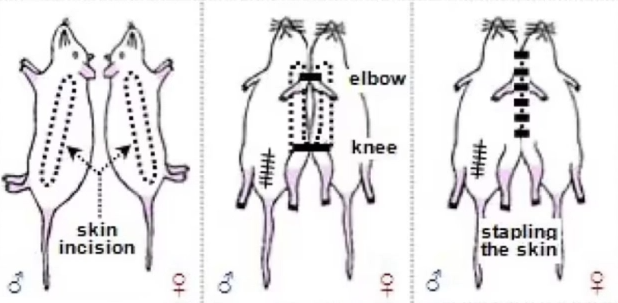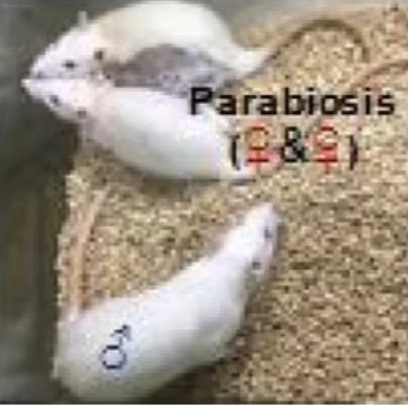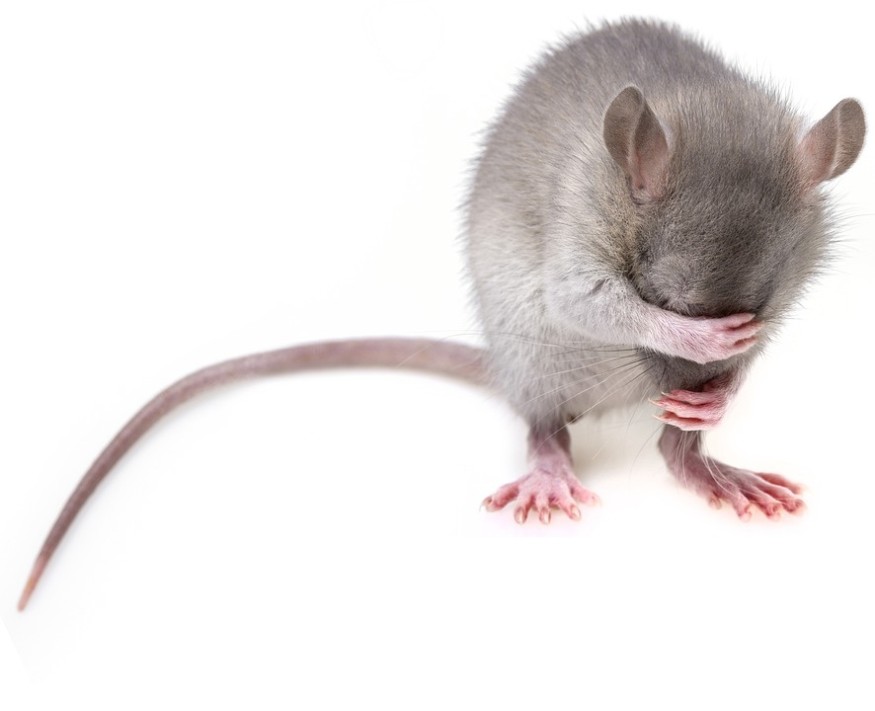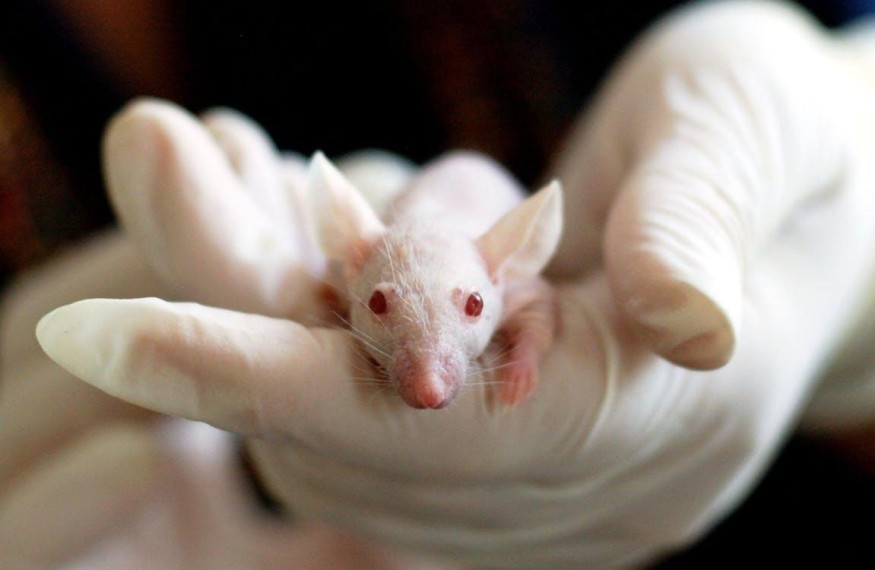According to The Sun, Chinese scientists have forced male rats to give birth in a ""Frankenstein-style"" experiment.

In four phases, the scientists from Shanghai'sShanghai's Naval Medical University built a rat model of male pregnancy.
Impregnating Male Rats

A male and female rat was linked via skin and blood exchange to carry out the experiment. After that, a male rat's uterus was transplanted, and embryos were placed in each male and female rat. After performing a Caesarean section and ""separation"" surgery on the rats, scientists discovered that all males lived for three months.
""For the first time, we built a mammalian animal model of male pregnancy,"" the scientists said in their study report. Our findings indicate the likelihood of normal embryonic development in male mammalian species, which might have a significant influence on reproductive biology research.""
Rat's Health

According to the researchers, the mice born as a result of the experiment lived to adulthood and did not have any health problems.
They did, however, discover some ""abnormal deceased fetuses"" with ""different shape and color compared to normal fetuses"" or ""placentas atrophy or swelling.""
Animal Rights Activists
PETA, an animal rights organization, came out against the study. ""In this disgusting study, after being castrated and forcefully connected to a female rat, male rats were cut open and implanted with a uterus, and embryos were placed in them - all to see whether they could ''successfully'' produce young,"" PETA Senior Science Policy Advisor Emily McIvor told the Mail Online. These startling tests are purely motivated by curiosity and contribute nothing to our knowledge of the human reproductive system. Animals should not be produced in labs, experimented on, or treated as throwaway things; they deserve to be respected and left alone.""
Animal Experiments
Animal experiments are commonly used to assess the safety of various goods and to discover new medicines. Unfortunately, many of these studies inflict discomfort or impair the quality of life of the animals involved in some manner.
Experimenting on animals creates severe moral issues if it is ethically immoral to cause animals to suffer.
"Lab Rats"

Because of their morphological, physiological, and genetic similarities to humans, mice and rats have long been chosen for biomedical research animal models. In addition, rodents have a tiny size, are easy to maintain, have a short life cycle, and have many genetic resources.
Animal testing is seen as a waste of time and money in scientific research. It is also proven unsuccessful, as 95 percent of medicines that pass animal studies fail in people. As a result, several companies are speaking out against animal testing, and the USDA recently announced that some mammalian testing will be phased out by 2025. However, there is still much more to be done, and it is past time for countries to outlaw animal experimentation entirely because it harms humans.
Also Read : 5 Most Famous Cloned Animals in History
For the most recent updates from the animal kingdom, don't forget to follow Nature World News!
© 2026 NatureWorldNews.com All rights reserved. Do not reproduce without permission.





